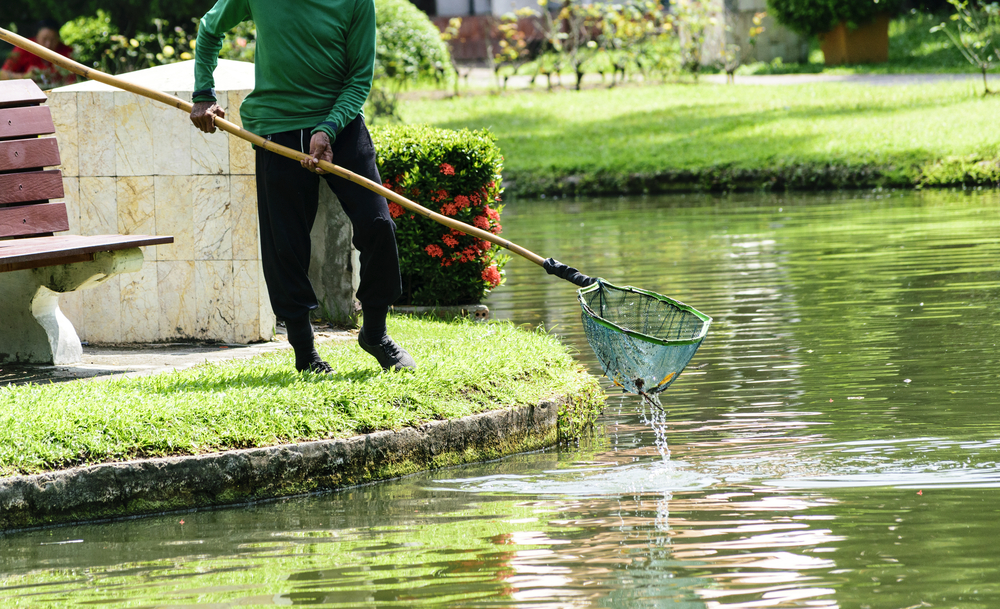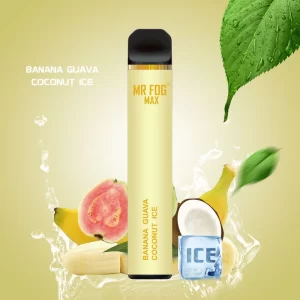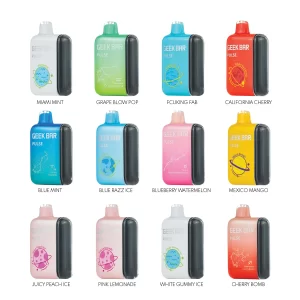A backyard or landscape pond can be a stunning addition to any property in Delaware. Whether it’s a peaceful koi pond, a wildlife-attracting natural pond, or a decorative water garden, it adds beauty, serenity, and even value to your home. But with great beauty comes great responsibility—ponds require consistent care to stay healthy and visually appealing. If you’re wondering what the best way to maintain a pond in Delaware is, this guide has you covered.
Understanding Delaware’s Climate and Its Impact on Pond Maintenance
Before diving into specific maintenance tasks, it’s essential to understand how Delaware’s climate plays a role. Delaware experiences four distinct seasons, with hot, humid summers and cold winters. These fluctuations affect water temperature, algae growth, and aquatic life behavior—meaning maintenance needs change throughout the year.
For example:
-
Spring is a time for cleaning and reintroducing fish and plants.
-
Summer requires water quality monitoring and algae control.
-
Fall calls for leaf removal and preparing the pond for winter.
-
Winter is all about keeping an opening in the ice and monitoring fish if applicable.
Step-by-Step Guide to Pond Maintenance in Delaware
1. Regular Skimming and Debris Removal
Leaves, twigs, and organic matter can quickly accumulate in your pond, especially in the fall. If not removed, this debris decomposes and contributes to poor water quality, unpleasant odors, and algae blooms. Use a pond net or skimmer to regularly clear out debris from the water surface.
2. Maintain Proper Water Circulation
Good water movement is vital for pond health. Pumps and filters not only keep the water moving but also prevent stagnation and discourage mosquito breeding. Ensure your pump is appropriately sized for your pond and that it runs consistently, especially during warmer months.
In winter, consider using a pond de-icer or floating heater to keep a small section of the pond ice-free. This allows for gas exchange and keeps fish alive during freezing temperatures.
3. Filter Cleaning and Maintenance
Pond filters trap sediment and biological waste. Cleaning them regularly ensures they continue working effectively. Depending on your filter type, this may involve rinsing sponges, replacing pads, or backflushing systems. Avoid over-cleaning biological filters, as beneficial bacteria can be harmed.
4. Control Algae Growth
Algae are a common challenge in Delaware ponds, especially during the sunny, nutrient-rich summer months. To manage algae:
-
Avoid overfeeding fish.
-
Limit direct sunlight with floating plants like lilies.
-
Use barley straw or algaecide products sparingly.
-
Install a UV clarifier to kill free-floating algae.
If algae become a persistent issue, water testing can help identify nutrient imbalances (especially phosphates or nitrates).
5. Test and Balance Water Chemistry
Maintaining a healthy pond ecosystem involves balancing pH, ammonia, nitrites, and nitrates. Use pond water test kits regularly, especially if you notice murky water, fish stress, or plant issues. In Delaware, spring runoff and summer evaporation can cause fluctuations in these levels.
Typical ideal ranges:
-
pH: 6.8 – 8.2
-
Ammonia: 0 ppm
-
Nitrites: 0 ppm
-
Nitrates: Under 40 ppm
6. Seasonal Pond Cleanouts
At least once a year—typically in early spring—it’s smart to perform a full pond cleanout. This involves draining part or all of the pond, removing sludge and debris, trimming dead plant material, and inspecting equipment.
For larger or older ponds, you may want to hire a professional pond maintenance company in Delaware to handle this process safely and effectively.
7. Plant and Fish Care
In warm months, aquatic plants help oxygenate the pond and provide shade. Trim overgrown plants and remove dead foliage to prevent decay. Hardy plants can survive Delaware winters, but tropical species should be brought indoors or treated as annuals.
Fish need proper nutrition and a balanced environment. Feed only what they can consume in 2–3 minutes and stop feeding altogether when water temperatures fall below 50°F, as fish become dormant.
8. Prevent Erosion and Runoff
Heavy rains and landscape slope can cause soil, lawn chemicals, or fertilizers to wash into your pond, creating nutrient overloads. Use edging, gravel barriers, or buffer plants to stabilize pond banks and filter runoff naturally.
9. Winterization
As Delaware winters set in, take steps to winterize your pond:
-
Remove or net overhanging trees to reduce leaf drop.
-
Shut off or reduce pump flow to avoid ice damage.
-
Relocate tropical plants indoors.
-
Use a pond heater or aerator to maintain oxygen levels if fish remain outside.
Hiring a Pond Maintenance Professional in Delaware
While DIY maintenance is possible, many pond owners in Delaware prefer to work with a local pond maintenance specialist. These professionals offer seasonal services such as:
-
Spring and fall cleanouts
-
Equipment inspections and upgrades
-
Algae and water quality treatments
-
Emergency repairs
Local experts also understand Delaware’s specific pond challenges, such as fluctuating temperatures, stormwater runoff regulations, and regional wildlife considerations.
Final Thoughts
Maintaining a pond in Delaware can be incredibly rewarding—but it requires a thoughtful, seasonal approach. With regular attention to debris removal, water quality, algae control, and proper filtration, your pond will remain healthy and beautiful year-round.
Whether you’re a first-time pond owner or looking to upgrade your maintenance routine, the best results often come from blending DIY care with occasional help from local professionals. After all, your pond isn’t just a water feature—it’s an ecosystem, a retreat, and a reflection of your outdoor lifestyle.






